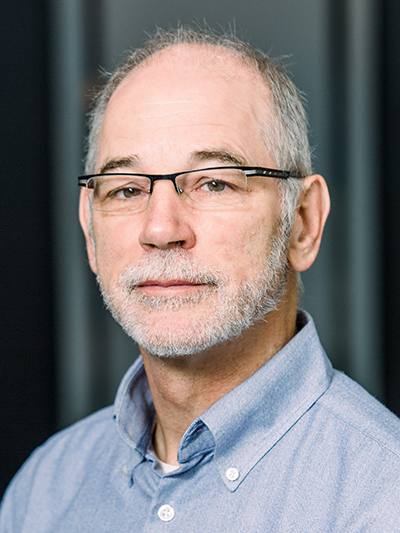
The Human Sensorimotor Control Laboratory (HSCL), under Jürgen Konczak, Ph.D., movement neuroscience and biomechanics professor in the School of Kinesiology, received a $50,000 grant from the National Spasmodic Dysphonia Association (NSDA). The award will allow the HSCL to further develop non-invasive neuromodulation technology, which uses small vibrators attached to the skin above the voice box to stimulate laryngeal mechanoreceptors. Initial results from an ongoing clinical trial funded through the National Institutes of Health (NIH) showed that over 65% of patients received short-term benefits and were able to reduce vocal symptoms. Laryngeal dystonia, also referred to as spasmodic dysphonia (SD), is a rare disorder that leads to unwanted spasms in the laryngeal musculature involved in speech production. SD creates communication barriers, and there currently is no cure for the disease.



